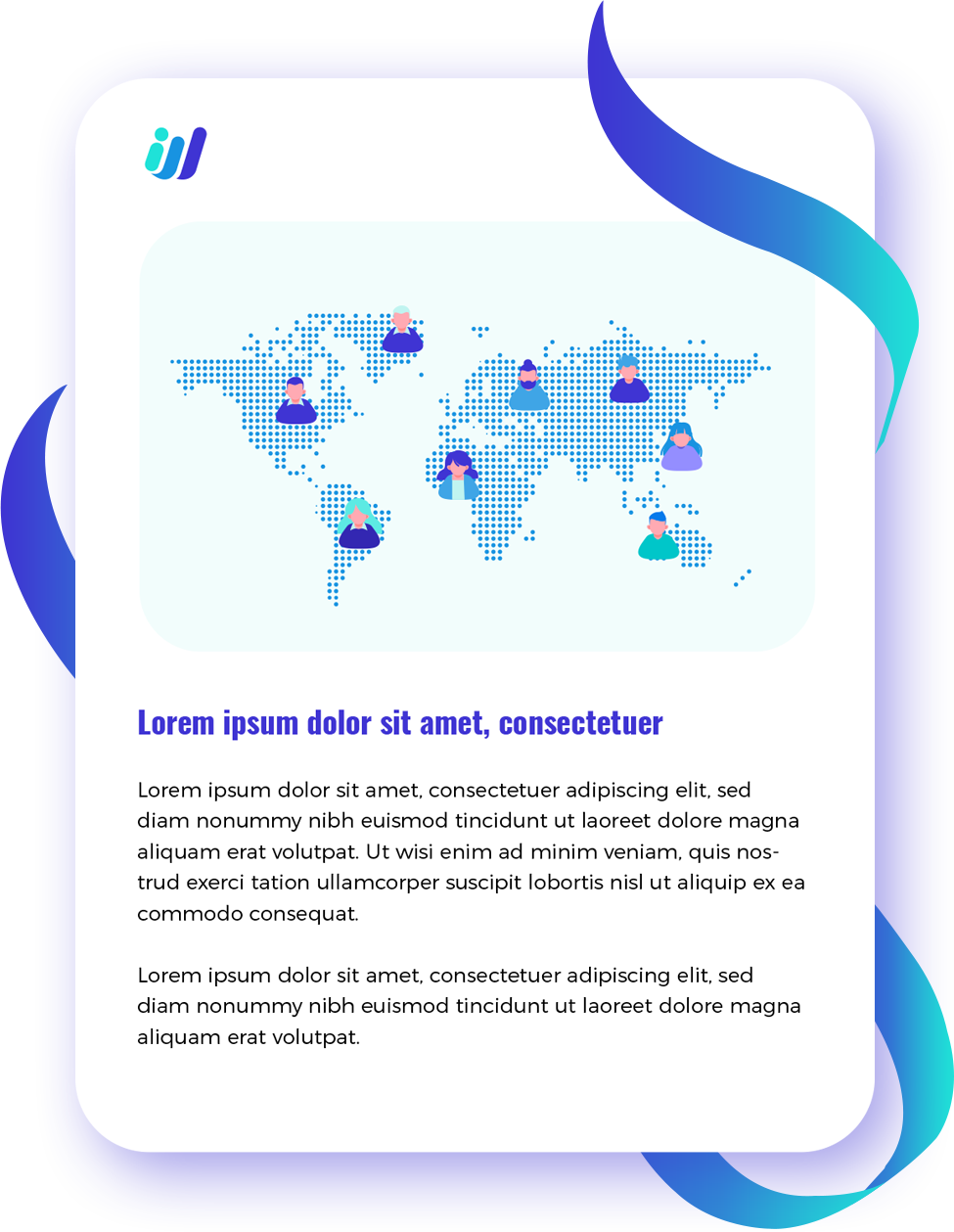As the outsourcing environment evolves, we are on the verge of a new age that will usher in transformational changes in how businesses handle external collaborations. This article delves into major forecasts for the future of outsourcing, building on expert perspectives and industry trends. From reverse outsourcing to verticalization, emerging markets to analytics, healthcare to transportation, and ERP, these forecasts provide a complete look at what the future decade holds.
Prediction 1: Increased Reverse Outsourcing
Reverse outsourcing will gain popularity in the future years as economic circumstances and currency changes lead some corporations to repatriate their outsourced work back to domestic shores. Because of the economic slump and the devaluation of the US currency, outsourcing to American suppliers has become more financially appealing. Domestic suppliers are projected to spend more aggressively in offering capabilities during the next five years, accelerating this trend.
Furthermore, the federal government’s possible incentives to keep employment in the country are encouraging outsourcing corporations from outside the country to create facilities in the country. This change indicates a dynamic interplay between onshore and offshore outsourcing as businesses seek the optimal balance to maximize their operations.
Prediction 2: Verticalization
Verticalization is poised to become a distinguishing element of the outsourced environment, as Pery predicted. Buyers are increasingly interested in highly specialized, vertically oriented abilities and domain knowledge. This trend extends to second-tier suppliers who carve out unique industry niches. In the healthcare industry, companies like as Cerner and Capgemini are great examples.
At the same time, as one-size-fits-all outsourcing models lose favor, big outsourcing businesses are increasing their investments in vertical solutions. Businesses are outsourcing specialized vertical applications to organizations with documented experience in order to provide expertise in mission-critical applications, particularly during times of economic turbulence.
Prediction 3: Global Delivery Expansion
Companies considering outsourcing services want partners with a global presence and access to capabilities in several markets. Fortune 500 firms are known to maintain many centers throughout the world in order to tap into unique expertise and take advantage of time zone advantages. While India continues to be the most important global sourcing site, other nations, particularly in Asia, are gaining ground.
The Philippines is predicted to grow significantly, owing to its large talent pool and cultural affinities with the United States. Other Asian countries are also predicted to expand moderately. Furthermore, with improved infrastructure, Africa is becoming an increasingly appealing destination for outsourcing. Eastern Europe and smaller Latin American cities are expected to play important roles in the global delivery environment.
Prediction 4: Emerging Markets
According to numerous analysts, emerging markets will be key points of growth, whether it’s new outsourcing buyers, new process domains, analytics, or service-delivery locations. Companies such as IBM are investing heavily in growing regions such as China, Eastern Europe, India, and Latin America. This expansion has been fuelled by mature firms looking to penetrate these areas.
As the sector evolves, emerging market enterprises recognize the need for advanced capabilities and seek help from established outsourcing providers. The environment has moved from labor arbitrage to providing value-added services that assist these local enterprises’ strategic progress.
Prediction 5: Spotlight on Analytics and Budiness Intelligence
The prediction by Rahul Singh that customers will increasingly want to outsource research and analytics corresponds with the growing importance of data-driven decision-making. Buyers want suppliers to deliver in-depth information and insights to help them develop their operations. They want analytics to be integrated into outsourced processes to improve efficiency and business outcomes.
For example, IBM’s analytics services have enabled clients to spot trends and insights that they would have missed otherwise. Providers assist firms in gaining a unified picture of their data, especially in mergers where various divisions run on distinct platforms. Buyers are increasingly appreciating the capacity to deliver a single master view of data.
Prediction 6: Healthcare Transformation
Recent legal changes and the necessity for quicker adaption are driving a progressive shift toward outsourcing in the healthcare business. Governments are realizing that they do not have the personnel, expertise, or facilities to manage applications that require continuous operation as well as compliance with strengthened privacy and security regulations.
These shifts have prompted the healthcare industry to consider outsourcing as a strategy of navigating the changing terrain. Healthcare providers and payers will increasingly rely on third-party vendors to implement these changes, creating opportunities for specialized outsourcing services.
Prediction 7: Embracing Efficiency in Transportation
Faced with issues relating to demand, resources, and environmental concerns, the transportation industry is resorting to outsourcing to increase efficiency. Governments are looking for private-sector partners to help them improve existing infrastructure with technology and low-cost labor. In the next five years, the worldwide outsourced transportation market is expected to expand dramatically.
What distinguishes this trend is that purchasers are increasingly looking for outsourcing partners to share the risk and benefit of large public projects. This means that suppliers will play a larger role in financing transportation efforts in exchange for a cut of the money earned.
Prediction 7: ERP as an Outsourcing Accelerator
The economic situation, as well as previous ERP implementations, are driving an increase in ERP outsourcing. Companies must re-evaluate and optimize their ERP systems as a result of the economic downturn and a wave of mergers. Businesses that want to combine their operations must select and install a unified ERP platform, which is where outsourcing companies can help.
ERP service providers are poised for significant development as organizations seek help in operating their ERP systems more efficiently.
Prediction 8: New BPO Specialty Service Providers
Specialty BPO service providers are becoming increasingly popular as the outsourcing market advances. These firms, with specific sector knowledge and skill, are projected to develop and expand swiftly. Large providers are anticipated to try forming alliances with niche enterprises in order to broaden their products and reach out to smaller markets. These specialist providers have the ability to help small-to-medium-sized businesses enter the BPO market.
Conclusion
Outsourcing’s future is dynamic and varied, with projections ranging from reverse outsourcing to verticalization, global delivery, emerging markets, analytics, healthcare, transportation, ERP, and niche service providers. Outsourcing continues to play an important role in assisting organizations to thrive and achieve their goals as they adapt to changing economic, technological, and regulatory landscapes.
These findings underline the crucial role that outsourcing will continue to play in the business world, providing answers to difficult problems and facilitating industry growth and transformation. The outsourcing landscape is always changing, making it an interesting and promising industry in the coming decade for both suppliers and clients.
Let us help you find top talents in IT, technical support, digital marketing, and cloud services so you can leverage all the benefits of outsourcing in the new normal. Request a FREE copy of the e-book on Third Wave Outsourcing .



